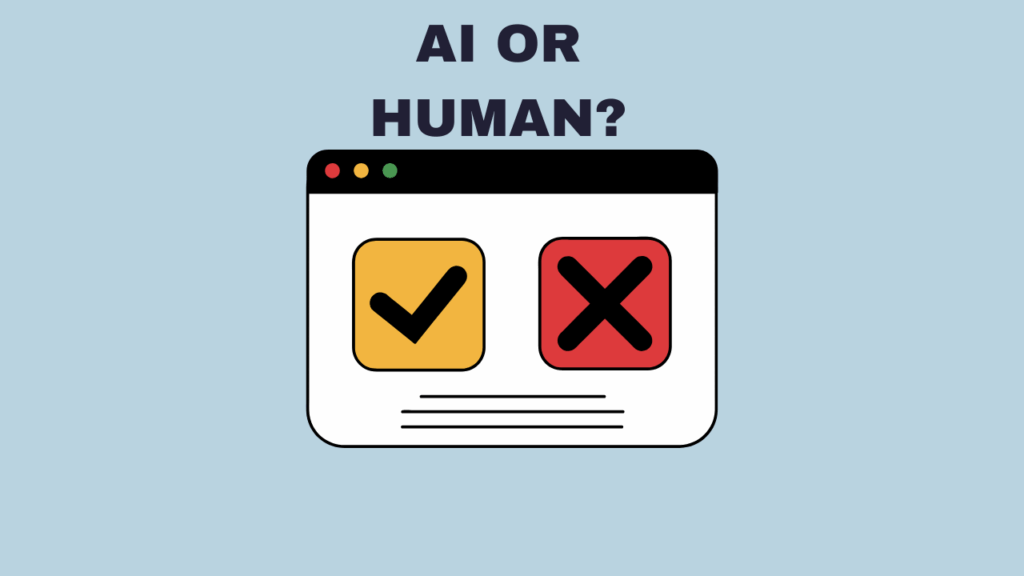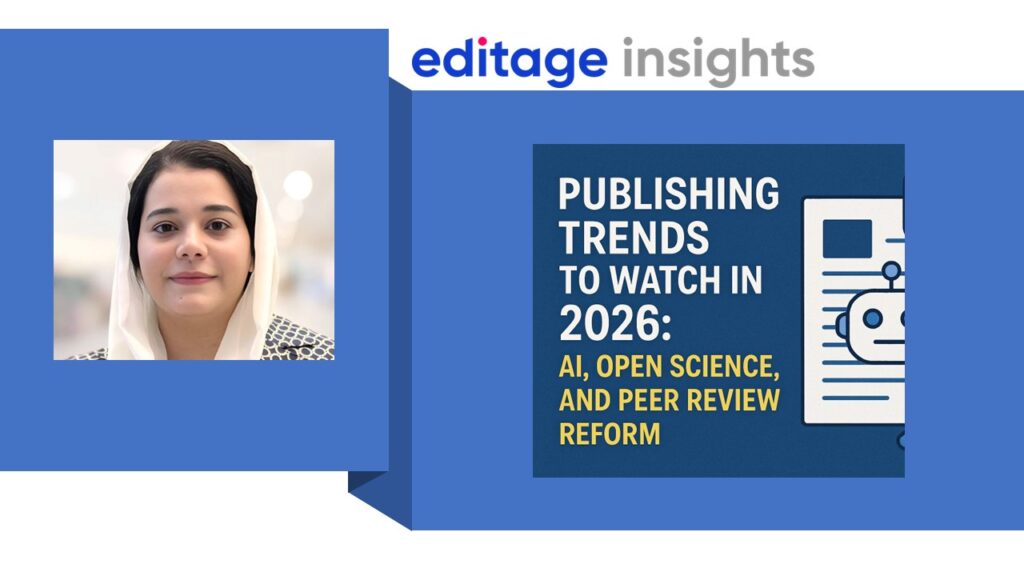From library shelves to AI: The transformation of literature search

In academic writing, a literature review is used to build the foundations of a study. Researchers look through the literature generated previously by other researchers to understand theories, gaps, and predictions in support and against their arguments.1,2 To do this, scientists must sift through decades of work, which is challenging.
When literature searches for a manuscript were performed by visiting libraries, requesting physical reprints, or subscribing to paper journals, it could take several months to explore all the literature available in a subject area thoroughly. One advantage was that the researcher would read articles outside their immediate subject area. Additionally, physical journals would always contain the full text of an article, whereas online repositories may not always have full-text articles available to be read freely. In the recent three decades, search engines and online archives for indexed journals have accelerated the literature search process. AI tools today provide the capability and promise of rapid and meaningful literature.
Among the various steps in scientific research, AI tools could be essential in searching the vast ocean of information available on the internet. Besides acting as search engines, specific AI tools can highlight important information, allow one to upload PDFs of research papers and ask questions related to the content of the paper, and build visual maps of other research papers that are, in a way, connected to a particular article.
Tools like Semantic Scholar, Google Scholar, etc., serve as search engines for scientific literature. Google Scholar, launched in 2004, is a widely used search engine and indexing service for literature from all fields of science. When released in 2015, the AI-powered tool Semantic Scholar comprised literature from Computer Science, Neuroscience, and Geoscience. However, with later updates, it included biomedical literature and, finally, literature from all fields of science. Semantic Scholar also provides a Reader, which allows annotation and other functions to read research papers on electronic devices.
R Discovery is an AI-based literature search tool which comes as a free app but can also be used with a subscription to explore further benefits, including unlimited translations and audio versions of abstracts and summaries of research papers. The website mentions that it “hosts content from top aggregators like PubMed, PubMed Central, CrossRef, Unpaywall, Open Alex and top academic research publications, including Wiley, Elsevier, Springer Nature, IOP, SAGE, Taylor & Francis, NEJM, Emerald Publishing, BMJ, Karger, Underline.io and more.” In response to a user’s questions, it presents an answer based on summaries of relevant research papers, citing their references. It can also display articles based on a subject of interest and provides different filters to narrow the list of papers. Finally, this AI-powered tool also learns from the previous searches which kind of papers its user likes and refines its results using that knowledge.
Elicit is an AI-powered research assistant that can use language models like GPT-3 to perform literature searches. It has multiple other benefits, as mentioned on its website: “Elicit can find relevant papers without perfect keyword match, summarize takeaways from the paper specific to your question, and extract key information from the papers.” It can produce custom summaries of each paper according to the user’s query. It also searches for relevant papers by reviewing the citations of the paper of interest and its references — thereby identifying a pool of relevant papers. The tabulated results show additional information and can be filtered based on the type of study. Finally, it saves performed searches that can be reviewed later.
Consensus is another AI-powered search tool that uses GPT-4 and other Large Language Models (LLMs). It searches for answers to the user’s queries by looking into peer-reviewed papers and is helpful across disciplines. The Consensus Meter tool can provide solutions to a yes/no question and highlight contradictory results among the top 20 most relevant results. It “uses large language models to instantly classify the results as indicating “yes”, “no” or “possibly” in a clean, aggregated interface,” as mentioned on the website. The best qualities of Consensus include that all the results that have been taken into consideration for the Consensus Meter are visible; the tool extracts results instead of generating them — thus, not creating incorrect results; and it displays only the most relevant results and also performs a prediction only when the answer is evident from the results.
Connected Papers is an AI-powered tool that can map and identify similar research papers when one feeds any identifiers of a specific paper. Many other AI tools, like ResearchRabbit, LitMaps, Consensus, etc., work similarly. Connected Papers creates visual graphs of relevant papers using the Semantic Scholar database. Here, two papers can be connected just because of the similarity of the studies, even without any citation of one study in the other.
LLMs like OpenAI’s ChatGPT and Google’s Bard can also be used as search engines for scientific papers. However, ChatGPT has knowledge of publications only until September 2021 and does not have internet access. So, its knowledge is limited. These LLMs can also come up with falsified information based on context, and they are known to create results which are not accurate due to a phenomenon called hallucination.3–5
However, with the advent of technology, we have also got better AI tools like BingAI, which is integrated with GPT-4 and the internet and serves not only as a search engine for literature but also as a tool that can do much more, including summarizing research papers.6
Certain drawbacks can pertain to all AI tools in general for literature searches.
-
Limited Knowledge: Some AI tools have been trained with data up to a specific date, after which they do not have any information.
-
Incorrect Information Generation: AI tools can generate incorrect information and come up with names of scientific papers which are not valid.
-
Context Sensitivity: Producing out-of-context results or missing in-context results.
-
Access Beyond Paywalls: Many AI tools are updated with content only outside paywalls.
As a rule of thumb, one should never solely rely on a single way of performing literature reviews. Although physical libraries may be outdated, one must use regular search engines and databases along with AI tools to perform a literature search. This will not only help validate information generated by AI tools but also help find information that is not accessible to such tools or does not show up in the results. However, it is well acknowledged that AI has the power to revolutionize the art of performing literature reviews.
References:
1. Literature review. The University of Edinburgh https://www.ed.ac.uk/institute-academic-development/study-hub/learning-resources/literature-review (2023).
2. McCombes, S. How to Write a Literature Review | Guide, Examples, & Templates. Scribbr https://www.scribbr.com/dissertation/literature-review/ (2023).
3. Evolving journal guidelines for use of AI. Editage Insights https://www.editage.com/insights/evolving-journal-guidelines-for-use-of-ai (2023).
4. Burger, B., Kanbach, D. K., Kraus, S., Breier, M. & Corvello, V. On the use of AI-based tools like ChatGPT to support management research. European Journal of Innovation Management 26, 233–241 (2023).





